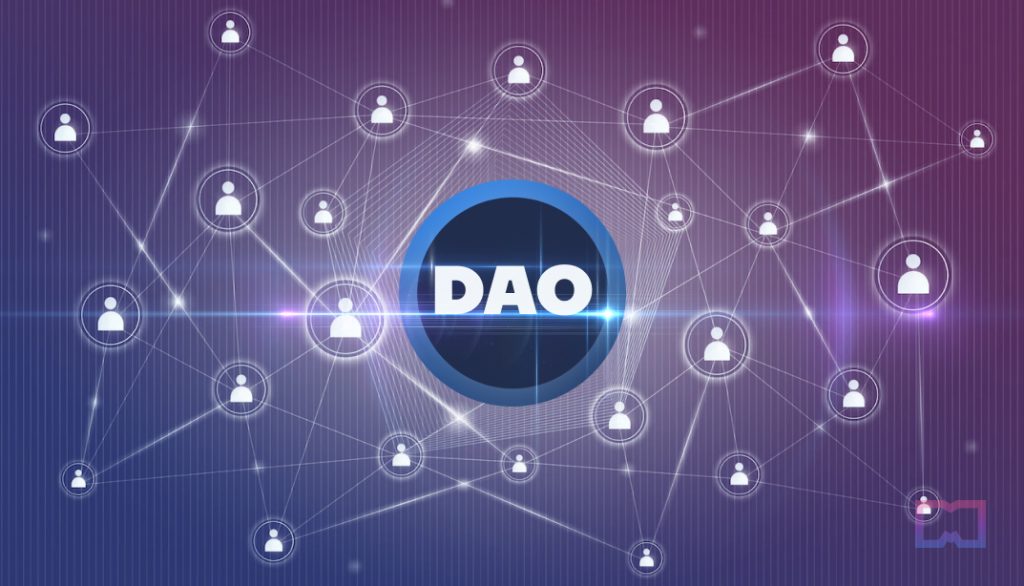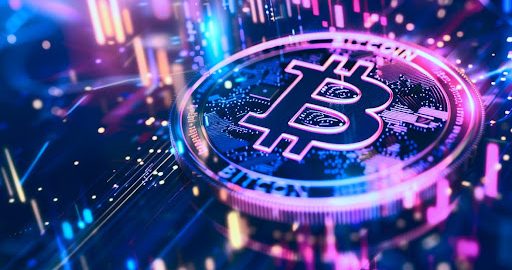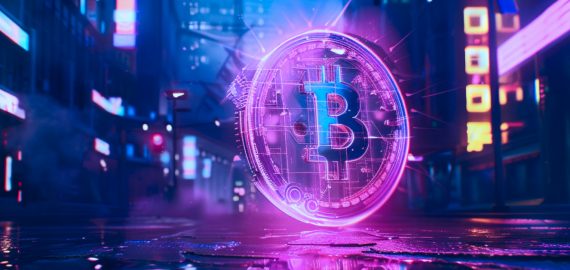Exploring DAO governance structures: A novice's handbook for 2023
In Brief
DAO governance involves the decision-making processes within a DAO.
DAOs represent a groundbreaking means of coordinating individuals and resources.
DAOs do not adhere to a universal governance framework; the model chosen is influenced by several factors, such as the organization's size, the intricacies involved, the specific sector, and the preferences of its community.

The primary DAO governance structures can be categorized into four distinct types:
1. Centralized DAOs
As the term indicates, centralized DAOs are managed by a singular authority. This could be a sole individual, a collective group, or even an automated system. Centralized DAOs generally tend to be smaller and less intricate than their decentralized or hybrid counterparts since they are simpler to oversee.
2. Decentralized DAOs
In contrast, decentralized DAOs operate through a distributed network of nodes, where every participant shares an equal voice in decision-making. This approach is inherently more complicated than a centralized model because it necessitates a wider and more varied group for effective governance.
3. Hybrid DAOs
Hybrid DAOs combine elements from both centralized and decentralized structures. This versatility allows for rapid decision-making through a central authority, while still keeping a level of decentralization intact.
4. Community DAOs
Community DAOs function under the governance of a user community, where each member possesses an equal voice in shaping decisions. Although this model resembles that of decentralized DAOs, it's usually on a smaller scale, fostering a more personal environment among community members.
What is DAO governance?
The essence of DAO governance lies in how decisions are made within the organization. Governance can take on various forms, such as centralized, decentralized, hybrid, or community-oriented, based on the chosen governance model. Effective governance is pivotal since it dictates a DAO's operational capability; without it, a DAO may struggle to make crucial decisions for its objectives.
Navigating the nuances of DAO governance can be complex, with no single solution that fits all circumstances. The governance framework a DAO adopts will be influenced by a variety of elements, including its scale, complexity, industry sector, and member preferences.
Numerous decentralized autonomous organizations (DAOs) exist today. Notable examples include The DAO, MakerDAO, and the Ethereum Foundation.
What is DAO governed model?
DAO governance models, characterized as Decentralized Autonomous Organizations (DAOs), offer an innovative framework for organizing, managing, and directing decentralized entities through established regulations. These governance models empower dispersed communities to collaboratively decide on resource allocations and the use of capital or value tokens, all without relying on centralized regulatory bodies. Over the past several years, DAO governance frameworks have played critical roles in funding, managing, and overseeing DAOs within the cryptocurrency domain.
How does DAO work?
A select group of core team members formulates the governance rules for the DAO. These rules are encoded as smart contracts on the Ethereum blockchain to ensure their permanence. Such regulations can encompass the DAO's mission, fundraising strategies, and specific conditions required for proposals to be put forth. DAO to invest in a project Upon gathering sufficient votes, a proposal can be ratified, enabling the DAO to utilize its financial resources for project investments. Being an organization, a DAO operates under a defined structure and set of rules. Its decentralized and autonomous attributes facilitate operation without human intervention.
DAOs present various benefits compared to traditional organizations, such as enhanced transparency, efficiency, and security. Nonetheless, as they are still evolving, alterations to their structures and operations are expected. Given the intricate nature of DAO governance, customization is essential, and new, refined governance models are likely to emerge as these entities gain traction.
The future of DAOs
DAOs embody a fresh and inventive method of organizing personnel and resources, possessing the potential to fundamentally transform business operations. As these entities continue to grow, it's evident that there's considerable room for advancement, and they are expected to develop into more nuanced and effective systems. However, the attention to security is critical to prevent occurrences like the notable 2016 DAO hack. The future for DAOs remains promising, with the capacity to effect significant change.
6 Free Tools and Generators for AI Prompts That Artists Highly Recommend in 2022
Related articles:
- Top 100+ Inspiring Stable Diffusion Prompts: Stunning AI Text-to-Image Instances
- A Compilation of the Top 50 Text-to-Image Prompts for AI Art Generators like Midjourney and DALL-E
- Stable Diffusion AI Constructs Fantastical Environments for VR and Metaverse
- , please bear in mind that the content presented on this page is not intended as and should not be viewed as legal, financial, investment, or any type of professional guidance. It's crucial to only invest what you are able to lose, and to seek independent financial advice if you have any uncertainties. We recommend reviewing the terms and conditions along with the support resources provided by the issuer or promoter. MetaversePost strives for accuracy and impartiality in reporting, yet market conditions can fluctuate without prior notice.
Disclaimer
In line with the Trust Project guidelines Ken Gitonga has a fervent enthusiasm for writing, specializing in crypto topics like SEO, technical analysis, news articles, content around Web3, cryptocurrency price forecasting, and drafting white papers. As a content writer and marketer with over three years in SEO and content marketing, he has significantly contributed to enhancing businesses' digital presence and boosting traffic.







